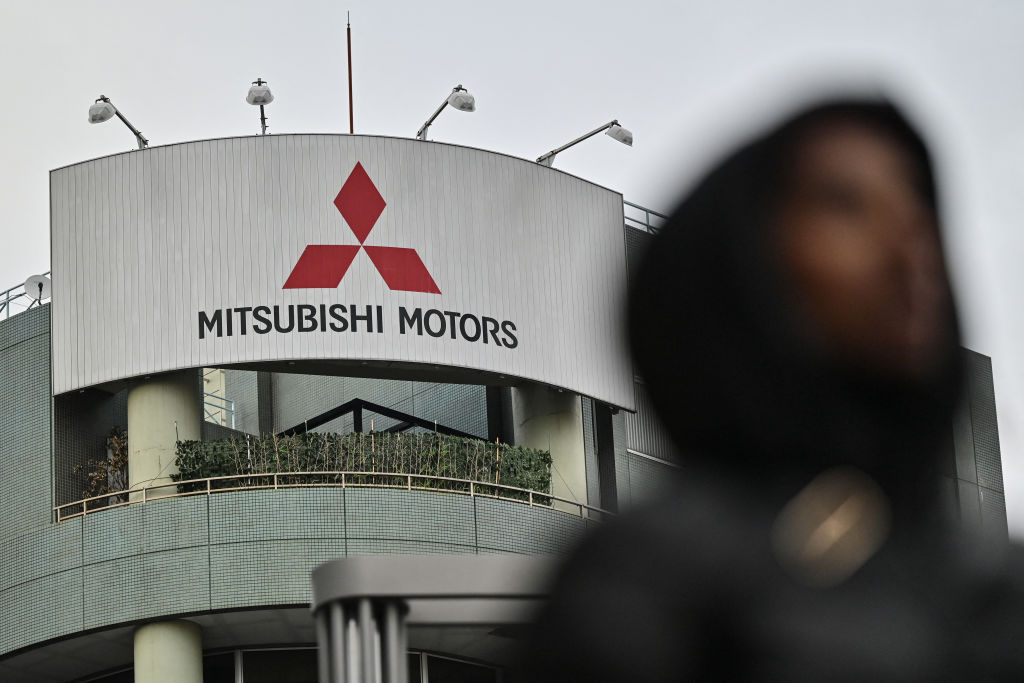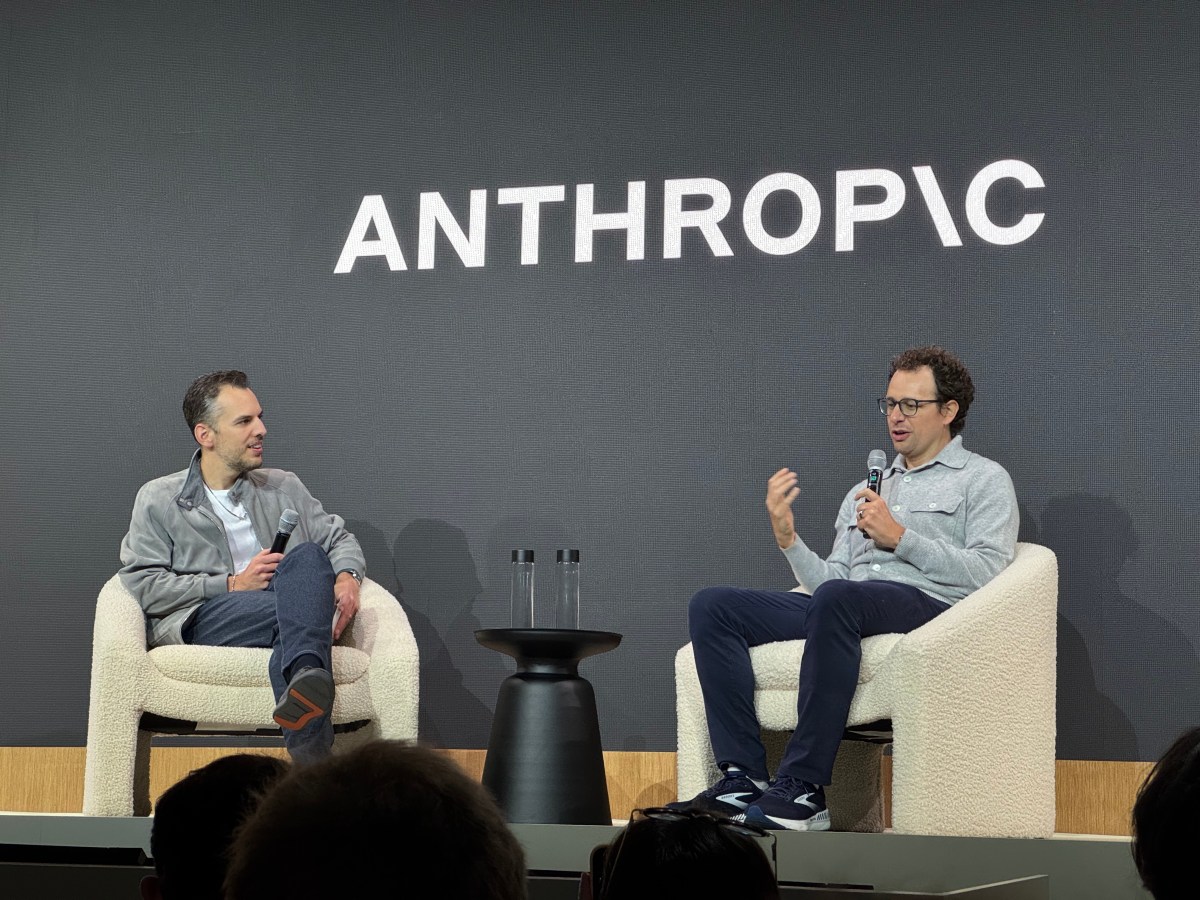
Mitsubishi Motors is currently in discussions with Foxconn’s electric vehicle (EV) division to potentially source EV models for the Australian and New Zealand markets. The talks underline Mitsubishi’s efforts to expand its presence in the EV sector, particularly in the Oceania region, where demand for environmentally friendly vehicles is on the rise.
Foxconn, primarily known as a contract manufacturer for major tech companies including Apple, has been aggressively branching into electric mobility through its EV subsidiary. The company has developed a modular EV platform and is seeking partnerships with global automakers to bring its vehicles to various international markets.
If negotiations progress successfully, this potential collaboration could mark a significant milestone for both companies. For Mitsubishi, it would provide an expedient route to enhance its EV portfolio without the large capital investments typically associated with developing new models from scratch. For Foxconn, the partnership could serve as a key entry point into established automotive markets in Oceania.
The specific model or platform under consideration has not yet been disclosed. However, it is expected that any EV supplied by Foxconn would align with Mitsubishi’s brand and regional emission targets. This deal could also help Mitsubishi respond to increasing regulatory pressure and consumer demand for lower-emission vehicles in Australia and New Zealand.
This move comes amid a global shift in the automotive industry toward sustainability and electrification, as carmakers and suppliers worldwide reorient their strategies in anticipation of future bans on internal combustion engines and tougher emissions standards.
Mitsubishi has previously stated its commitment to achieving carbon neutrality and intends to launch several EV and hybrid models by the end of the decade. Partnering with an established EV manufacturer like Foxconn could accelerate Mitsubishi’s timeline in reaching these objectives.
While no final agreement has been announced, the talks represent a potential step towards deeper integration between traditional automakers and tech-driven EV firms. If finalized, the partnership could provide a competitive advantage for both companies in addressing a rapidly evolving automotive market.
Source: https:// – Courtesy of the original publisher.








